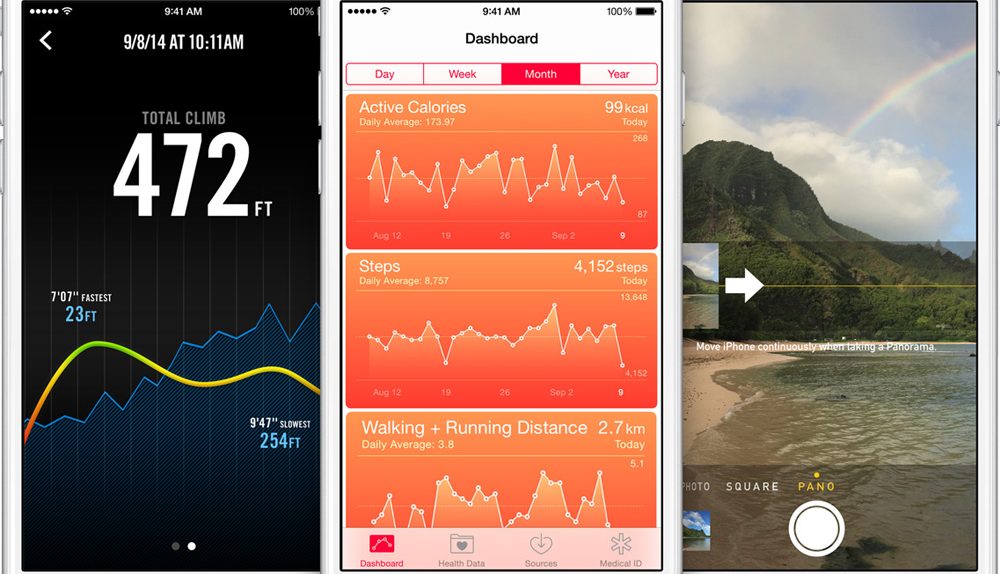We normally think of diehard tech fans as overly tribalistic and unwilling to even think of trying rival products. However, in reality that’s just not the case because reasonable tech fans can actually see the plusses and minuses of different products and make decisions that aren’t based on blind loyalty to a particular brand.
One such tech fan is Nick Pierno, a self-described Android lover who has tried in the past to embrace the iPhone but who has never found it as useful as Android. However, Pierno now writes that the launch of the iPhone 6 finally got him to break down and preorder a new Apple smartphone primarily because he wants to try out a device with superior camera quality to the one on his Nexus 5.
But that’s not all — Pierno also says that Apple addressed several of his longtime gripes about the iPhone with the release of the iPhone 6 and iOS 8, including support for third-party keyboards, larger display size options, and the new Continuity feature that promises to provide seamless handoffs between the iPhone and the Mac.
And most importantly, Pierno says that he’ll be able to bring Google’s app ecosystem with him when he switches to the iPhone, since all of Google’s killer mobile apps are available on both iOS and Android.
“If I move to an iPhone, I can still use Google Chrome, Gmail, Hangouts, Maps, Authenticator, Drive, G+, and so on, and so forth,” he writes. “And thank goodness, because Google is better at almost all of those things.”
The entire essay is thoughtfully written and can be found by clicking the source link below.






